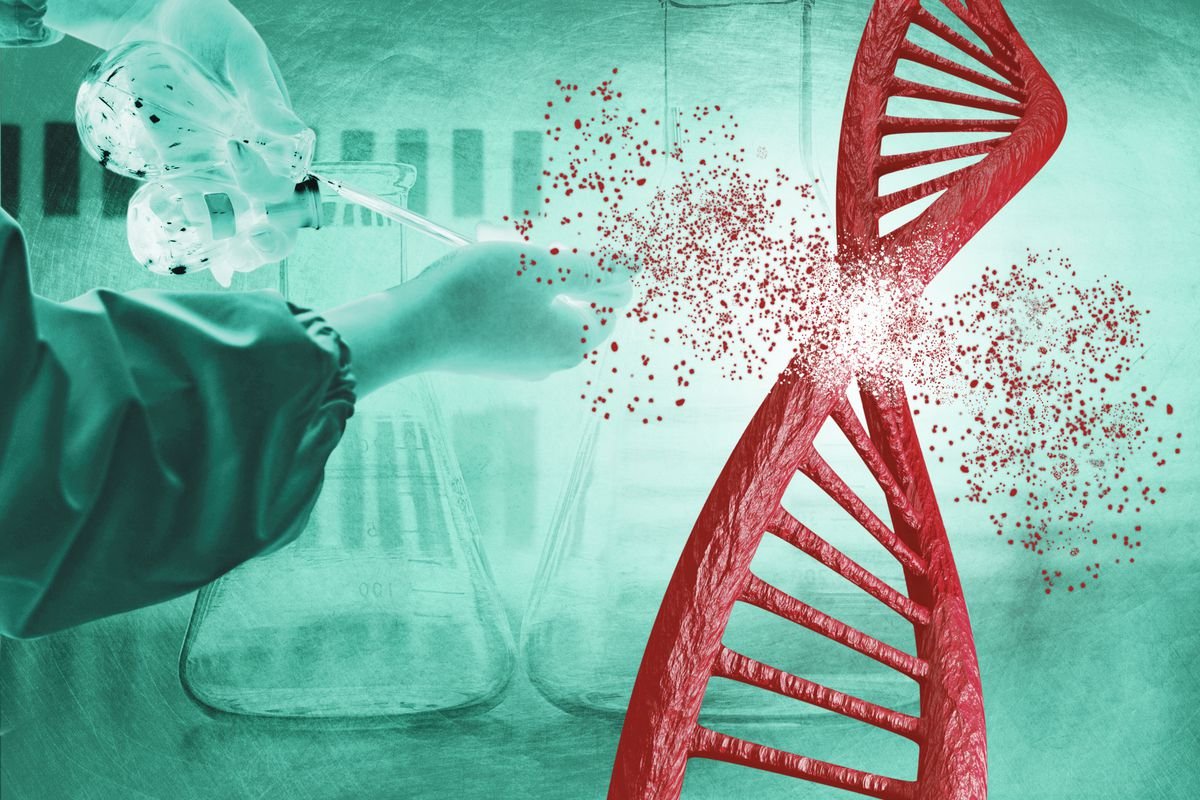Bringing Biohacking Culture to India
December 17, 2019 | Tuesday | Views | By Bhavna Pandya
Biohackathon can bridge the gap between theoretical knowledge and experiential learnings
image credit- vox.com
Are technologies enough to solve real world problems? Are they really going to solve infectious diseases or environmental problems? Issues like multidrug resistant bacteria, air pollution, Dengue and cancer are increasing day by day. Alone technology cannot solve such problems. Then what is needed to fulfil the gap to such problems? Answer is biology!
Biology is changing the way we see the world. It is the next big thing. From storing information into DNA to preventing diseases like HIV, biotechnology is solving almost everything. Biotechnology market is growing year by year, it was valued at USD 399.4 billion in 2017 and according to the market survey , it is expected to witness 9.9% CAGR from 2018 to 2024. Investors are now moving towards biotech startups to invest and scale. Total investment made in biotech in past 5 years is around 2600 Million dollars.
If biotechnology has this much potential, then why is it not coming up faster like other technology? Biology is not popular in India as much as IT or hardware. It is beyond people’s imagination to think of using and applying biotech. We are still in the 19th century where we used ancient techniques and still following ancient research topics. Experienced researchers are comfortable doing which is going on since ages. Where would young minds will go to learn new techniques which they can use to solve bigger problems.
Recently, CRISPR technique was applied to remove multi- drug resistant bacteria and they were successful in the experiment. Likewise, people have engineered bacteria to reduce air pollution from the atmosphere. All these inventions are happening at different parts of the world. Why is it not happening in India? It is because most of the young generation do not know how these techniques work, and have little theoretical ideas of CRISPR but no experimental knowledge.
Biohackathon can bridge the gap between theoretical knowledge and experiential learnings. It is the way to push young minds to think of a solution with biology and apply it in the real world. Biohackathon forces them to try different techniques and come up with workable solutions. Biohackathons are different than IT or hardware hackathons. This cannot be done in 48 hours, it requires a minimum of 3 months to come up with a tested solution to a problem. Such competition helps budding researchers to think out of the box, work on ideas and test the solution. Unfortunately, there are hardly any biohackathons in India which promotes innovation and give youngsters an opportunity to explore various techniques which can be applied in the real world.
Biohackathons are a way to bring innovations, share knowledge and expertise, follow deadlines, promote documentation skills and find real solutions. We should have more such hackathons to promote experiential learning.
Bhavna Pandya, Innovation Catalyst at Riidl and Head of BioRiidl, Somaiya Vidyavihar









